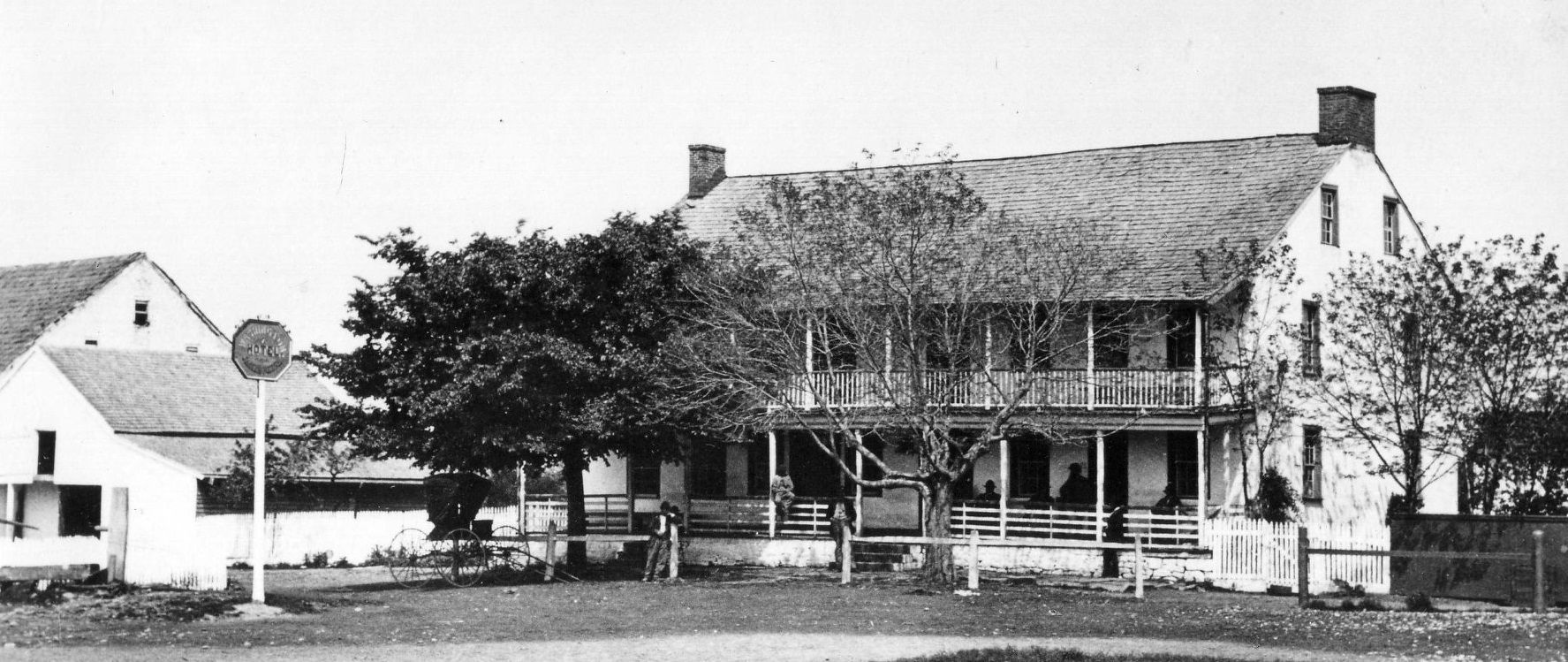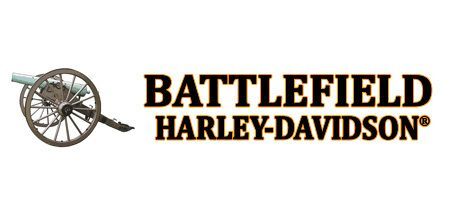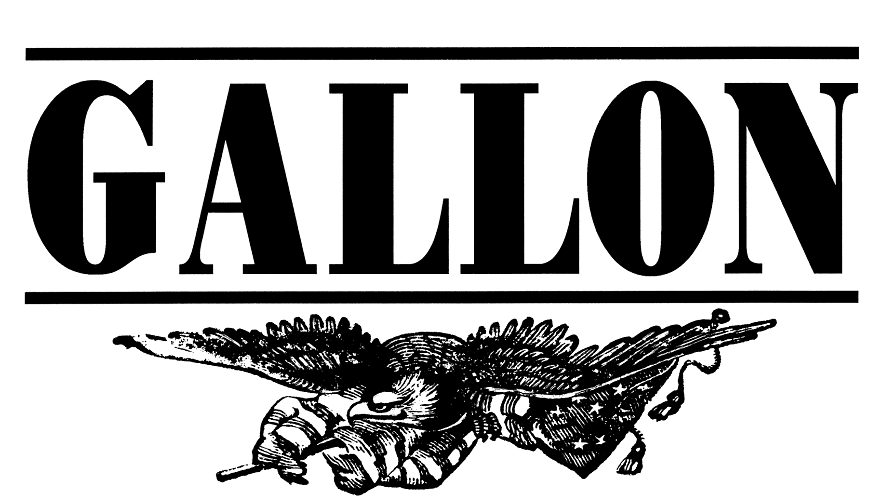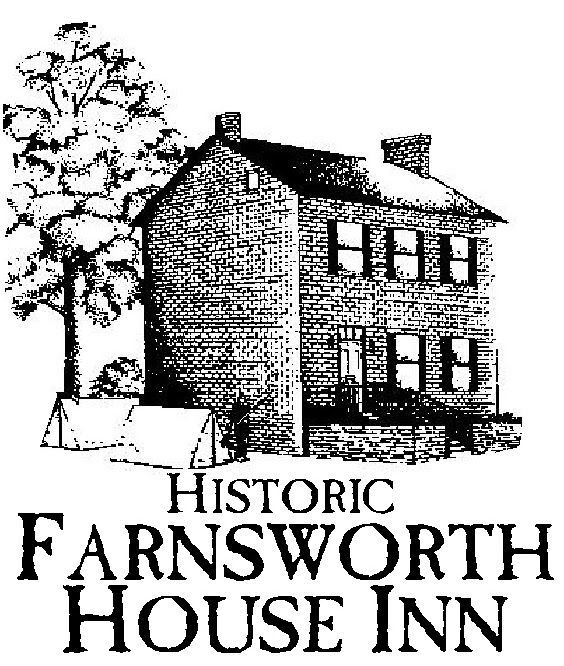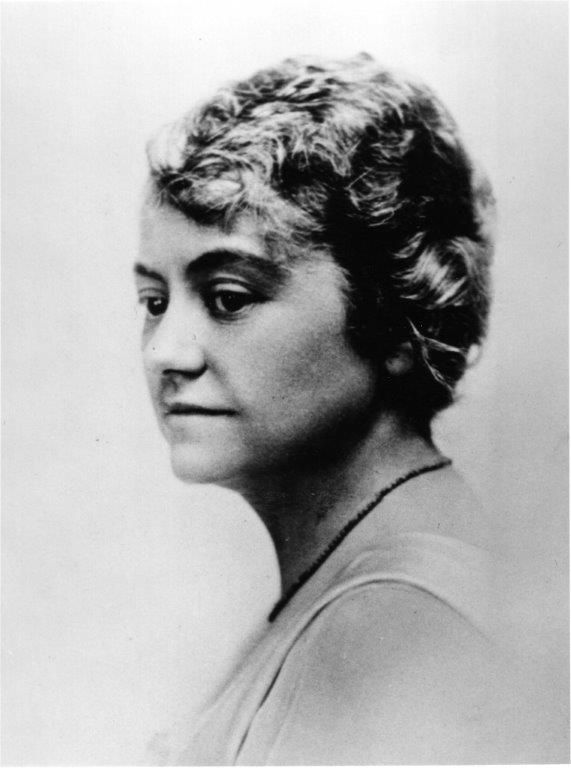
Elsie Singmaster was a local Adams County author. We will be selectively republishing some of her stories on the #15SouthBlog. You can learn more about Singmaster's work here.
“I wouldn’t cherish malice if I were you. It isn’t sassafrac and there isn’t such a thing as feiseltoe.” As she spoke she put her hand into Shambauh’s basket and took out a bunch of flowers. The roots trailed after them. Each cluster meant a dozen plants destroyed. “What a shame! You oughtn’t to pull up the roots like this. We tell you that every year. I wouldn’t buy a penny’sworth.”
Shambaugh’s face reddened and his heart seemed to double the time of its beat, and he began to call down upon the sharp little woman all sorts of destruction. Astonished at her patience, and unaware that the figure inside the window had vanished, as he had been unaware of its presence, he changed to vileness. His mouth was still filling from an inexhaustible well of obscenity when two men came round the corner of the house and stopped, one on each side of him. They were of the gardener and chauffeur type of his enemies, and both were powerful representatives.”Clear out of here!” said the gardener. “Get back to your mountain! Make tracks quick! Do you think this town’ll stand for you or your talk?”
It was not until firm hands were laid upon him that Shambaugh ceased. He cound himself inn an instant outside the gate.
“The mountain or jail,” said the chauffeur.
“Jail” was the only word in the language that could frighten Shambaugh. Wrenching himself free, he turned back toward the east. As he went along the hard bright road he scattered his delicate and lovely wares, tearing them apart as he strewed them. He passed the nursery of young pines and walked along the brown stream, treading upon white violets, brushing the foliage of rhododendrons. On the first rise he paused and looked back and shook his fist, not alone at the little woman but at the whole city. He saw again in imagination the flames leaping from house to house; he heard men shouting and women screaming. They represented civilization, espionage, government, and again destruction of some sort should be their portion. The sun was now above his head and he was in full view, but he gave it no thought; it was not a sentient eye, but a fiery ball, rolling on in its mechanical daily round.
Shambaugh woke at five o’clock and rose slowly from his pallet bed. Philena had been worse; and as she was filled continually with pain, so she was also filled with anxiety. Shambaugh’s incessant muttering terrified her. He threatened a hundred evil deeds, wrought for the most part with fire – the hunting lodges destroyed, the whole mountain burned off, Chambersburg annihilated.
The supplies in the cabin were almost exhausted, and it was necessary for him to get money for flour and coffee at least. The arbutus was gone and the moccasin flowers not yet open; but the hillsides were covered with wild azalea, ranging in color from white to a deep rose, and for this there was sometimes a good sale. He determined to go to Gettysburg, which he had not visited since the autumn, and he would gather the azalea, which he called wild honeysuckle, on his way; or better still, he would gather it on the battlefield, a small part of which was virgin woods. No road led to the south side of Round Top; and there, he was certain, azalea might still be found. It was doubtful whether even the guard explored that secluded section. Once, walking about idly, he had come upon a den of foxes; they would not linger in a spot which was visited.
At first he would not answer Philena’s question about his destination; then, remembering that he could worry her, he said that he was going to Gettysburg.
“To sell what?” asked Philena. Shambaugh would not answer. “Honeysuckle flowers?” asked Philena, longing for a whiff as she had longed for a whiff of arbutus. “But you ain’t picked any overnight.” Shambaugh knew how to brighten her almost out of her wits.
He was standing before the stove waiting for the coffee to boil, and he looked back over his shoulder.
“I’ll pick ‘em on the battlefield.”
“They’ll arrest you,” moaned Philena. “You’re not allowed to pick nothing there. You know you’re not allowed to pick nothing there!”
Shambaugh went stamping round the cabin, gathering his breakfast together.
“You’ll never get back,” wailed Philena. “They’ll kill you.”
Shambaugh crossed the room with a swagger and buttoned his pistol into his belt.
“If any killing’s to be done, I’m the one to do it,” he boasted. “I could kill all them guards and get away and nobody would ever see me.”
Philena was panic-stricken. The state nurse, who was her only visitor, came only once a month, and if Shambaugh did not return she would starve to death. But it was for his soul she feared, and not for herself.
“The eye of God’ll see you!”
Shambaugh cursed the eye of God.
“Do you want to put a hex on me so I don’t get anything?” he demanded. “When I’m finished eatin’ there’ll be enough for you for one day, an’ no more. Then you’ll see how much good the eye of God’ll do you!”
Presently, without a farewell, he stepped out into the clearing, and standing still, looked up at the sky. The sun was touching only the very tips of the high branches; it gilded tassels of delicate green and tan and rose and seed pods of golden brown and scarlet, which, lifted by a little breeze, danced against the pale, clear morning sky. Birds sang on every hand, and Shambaugh idly distinguished the deep bell-like notes of a wood thrush, the clear call of the cat–bird and the ecstatic courting note of a cardinal.
He had no names for many of the birds, but he saw each in imagination when he heard it sing.
The full tide of spring had risen even to his door. The earliest low-growing flowers were past, but tiny wild irises and crow’s-foot violets had taken their places. The wintergreen pushed up tender rosy leaves, and he stooped and gathered a handful. His appetite was still unsatisfied, and it might militate for him on the judgment day that he had left a part of what he hungered for for Philena.
It was so early that he decided to travel on the road, and he turned downward toward the southeast; and after following a long diagonal on the rough side of the hill, he came out on the concrete. He would not acknowledge that it was more comfortable to the foot than a rock sprinkled slope. He plodded on, his head down, until he reached the height above Cashtown, where the wide prospect lifted his head almost against his own will. He stood on the last steep slope of the Alleghanies, and below him to the Atlantic stretched two hundred miles of fertile plains, broken only by a few low hills. Two villages besides Cashtown lay along the road, and, far beyond, the town of Gettysburg shining in the sun. It was the same view, at the same hour, which on a July morning sixty years before had opened to the eyes of Lee’s soldiers, for many of whom it was the last clear expanse seen on earth.
As he descended, Shambaugh looked at the azalea critically. He was not sure of the quantity on the battlefield, and he decided that he would take some with him, offer it at the edge of town and then get a new supply at Round Top. He climbed a fence, and, walking to the last stretch of woodland, took out his sharp knife and began to cut. Profiting by his recent experience, he left on each cluster a few green leaves. Taking the road again, he passed through Cashtown and McKnightstown and Seven-stars, and reached Gettysburg and Seminary Ridge at nine o’clock.
The women at whose doors he knocked glanced at him sharply, then pityingly. He was getting to look like an old man. They bought his flowers without reproving him, and one offered him a heavy coat, which he promised to call for on his way home. Another gave him a heartening cup of coffee and a thick sandwich.
Having sold all his flowers, he walked across the fields toward Round Top, looking curiously at the monuments as he passed. All were wonderful and beautiful to him, though to other eyes many were homely and a few were hideous. One of the last class was a shaft of white marble, from the side of which projected, at a height greater than a man’s head, an arm, holding an iron cutlass curved like a scimitar. Near by, where a new culvert had been built, lay a short, heavy hammer, left there by a workman. This Shambaugh picked up quickly and put into his pocket. He passed scores of monuments, figures of soldiers, upright in defiance or prone in death, mounted generals, cannon cut from marble, reproductions of stands of guns – it seemed that all monumental designs had been used many times. But in the panorama of smooth, open fields, gentle heights and acres of pleasant woods even the most homely seemed negligible.

